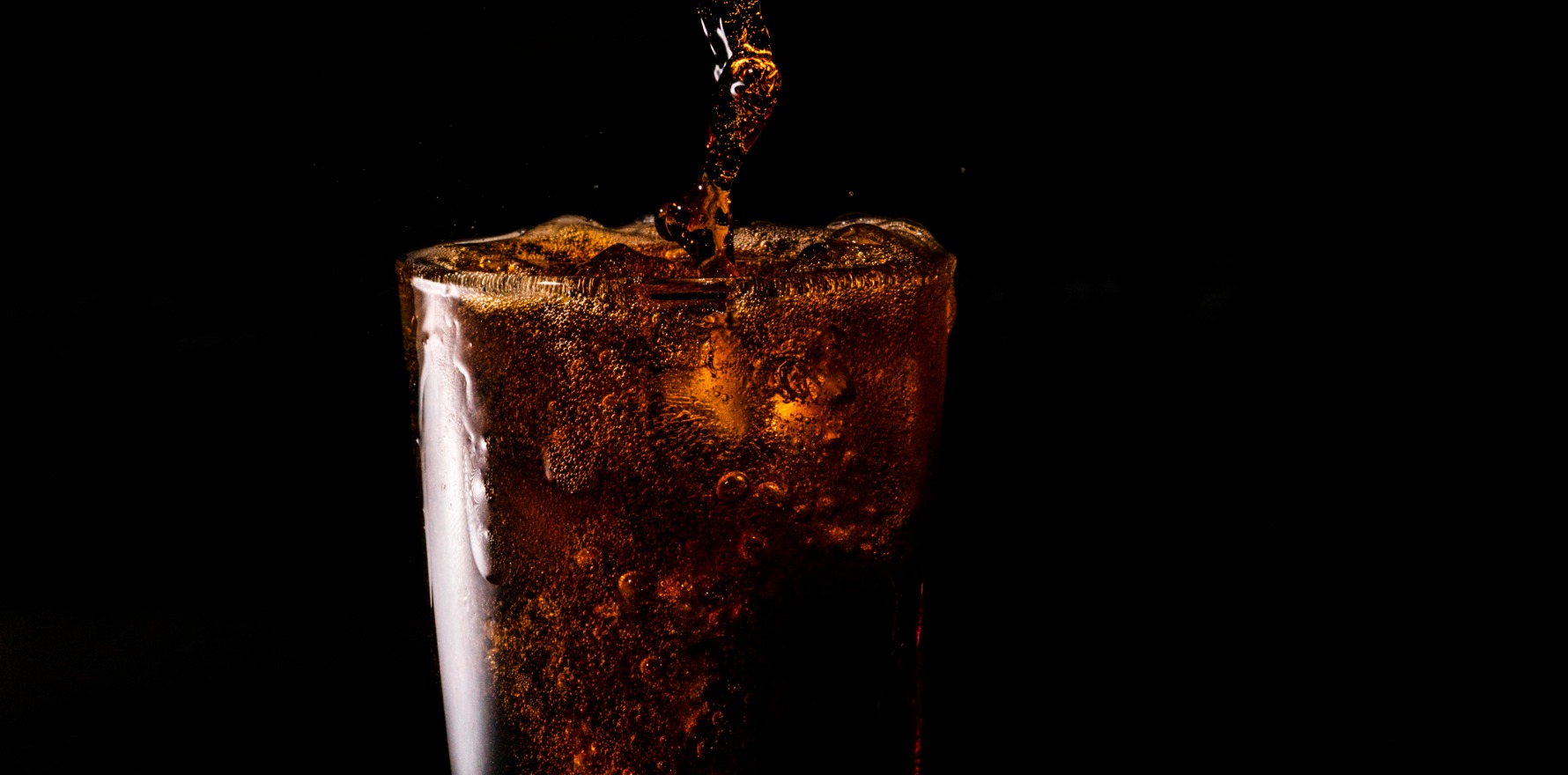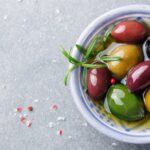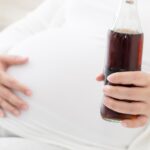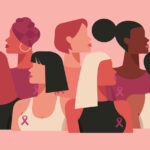The International Agency for Research on Cancer has upgraded aspartame’s risk rating, but experts are calling for calm.
Aspartame, the artificial sweetener used in product such as Diet Coke, will be labelled as “possibly carcinogenic”, according to one news agency.
Reuters reports the International Agency for Research on Cancer (IARC), the cancer research arm of the WHO, is finalising a report that will label aspartame as “possibly carcinogenic to humans”, implying there is some, albeit limited, evidence linking the sweetener to cancer.
The “2b – possibly carcinogenic to humans” classification is the third of four categories used by the IARC, sitting above “3 – not classifiable as to its carcinogenicity to humans” but behind “2a – probably carcinogenic to humans” and “1 – carcinogenic to humans”.
Epidemiologist and popular science fact-checker Gideon Meyerowitz-Katz was quick to point out the lack of evidence linking aspartame with cancer and the very low threshold for being classified as a carcinogen.
“Class 2b does not mean that something definitely or even probably causes cancer — it means that there is some suggestion that the thing could plausibly cause cancer, and perhaps a small amount of evidence indicating that it does,” he wrote.
Coconut oil soaps, aloe vera, picked vegetables and talcum powder are other carcinogens listed in category 2b of the IARC classification system, according to Mr Meyerowitz-Katz.
Mr Meyerowitz-Katz provided further examples of the extreme variation of carcinogens within the same IARC category.
“There are class 1 carcinogens that cause cancer in every person exposed to them, and other class 1s that almost never cause cancer even in massive, lifelong doses.
“For example, both processed meat and plutonium are considered class 1 carcinogens, even though the risk from bacon is decidedly lower than that posed by nuclear explosions,” he said.
Local and international experts welcomed the research but emphasised the need to see the detail in the report rather than jumping at shadows.
“There was a scare about saccharin and cancer years ago, but it turned out to be an effect only seen in rats due to the distinct biochemistry of their urine,” said Dr Slade Matthews, a pharmacology lecturer from The University of Sydney.
“However, this did not stop the popularity of saccharin from declining due to the news being announced.”
A source familiar with the contents of the report told The Guardian that while it assesses whether aspartame is hazardous or not, it “does not take into account how much of a product a person can safely consume”.
Professor Oliver Jones, an analytical chemist from RMIT University, made a similar comment, noting that “the dose makes the poision”.
“We know UV light in sunlight causes cancer, that’s why we put on sunscreen at the beach – but we don’t put on sunscreen when we go outside in winter even though we are still exposed to sunlight, why? Because the dose is lower in winter,” Professor Jones said.
The Guardian reports the food industry is already weighing in, with one representative stating “IARC is not a food safety body” and another suggesting the contents of the report “could needlessly mislead consumers into consuming more sugar rather than choosing safe no- and low-sugar options”.
The IARC’s findings will be made public on 14 July.





